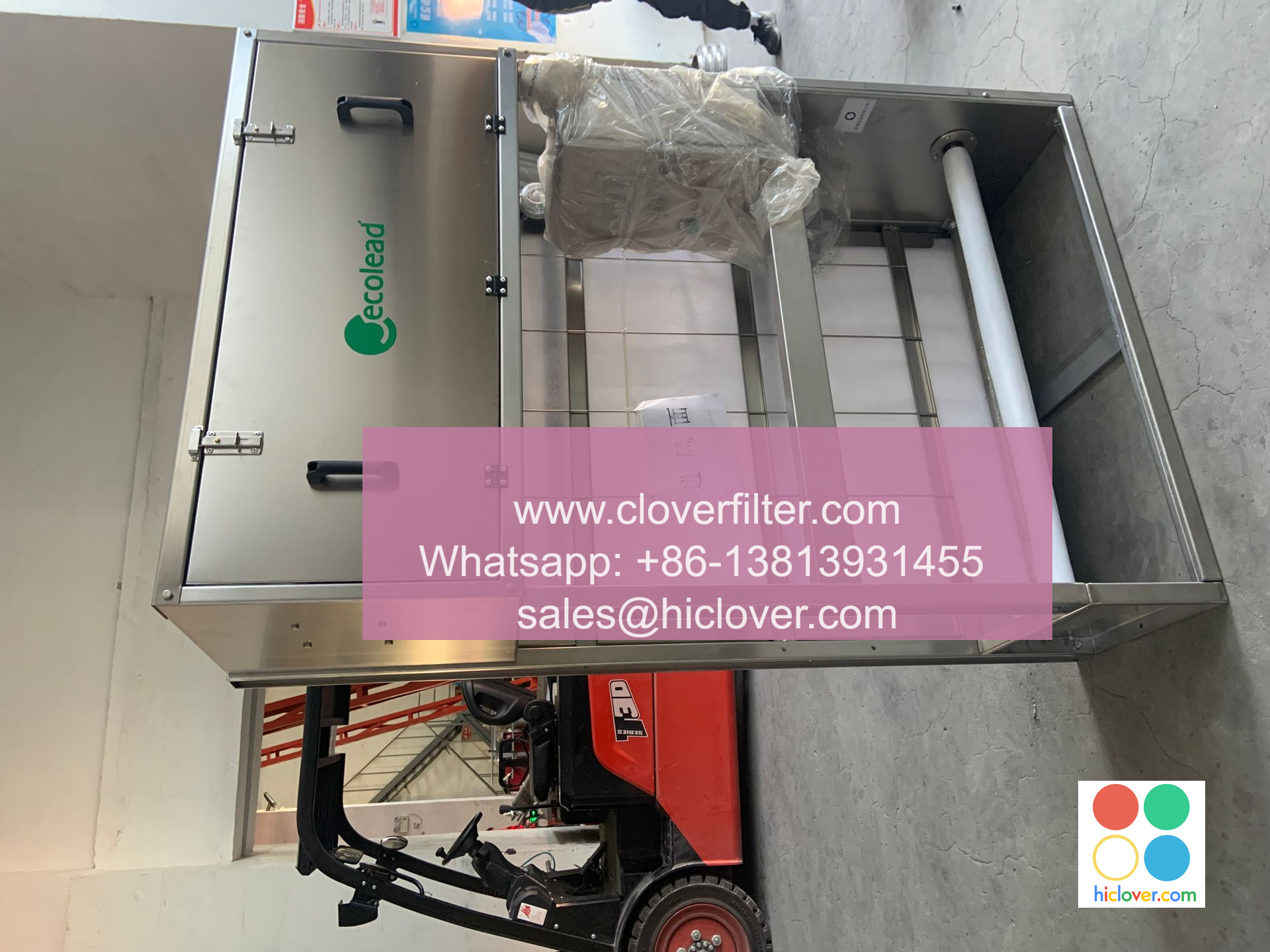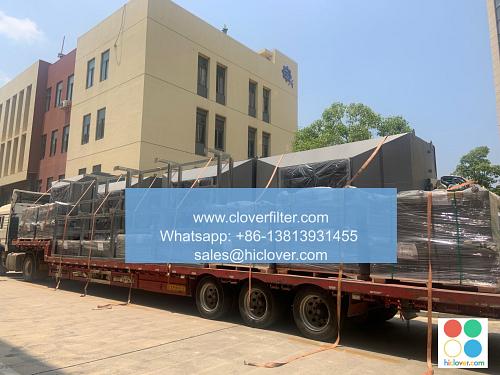The Importance of Air Filter Performance in Your Office

Air quality in the office is a critical aspect of maintaining a healthy and productive work environment. One of the key factors that contribute to good air quality is the performance of air filters. In this article, we will discuss the importance of air filter performance in your office, highlighting various application areas and the benefits of high-quality air filtration systems.
Indoor Air Quality (IAQ) and Its Impact on Office Health
Indoor air quality refers to the air quality within buildings and structures, including offices. Poor IAQ can lead to a range of health problems, including respiratory issues, allergies, and even long-term diseases such as cancer. Air filters play a crucial role in maintaining good IAQ by removing airborne pollutants, such as particulate matter (PM), nitrogen dioxide (NO2), and volatile organic compounds (VOCs).
Types of Air Filters and Their Applications
There are several types of air filters available, each with its own unique characteristics and application areas. Some of the most common types of air filters include:
* HEPA (High Efficiency Particulate Air) filters, which are capable of capturing 99.97% of particles as small as 0.3 microns, including dust, pollen, and other airborne allergens.
* Activated carbon filters, which are effective in removing VOCs, gases, and odors from the air.
* Electrostatic filters, which use an electrostatic charge to attract and trap airborne particles.
* UV (Ultraviolet) filters, which use ultraviolet light to kill bacteria, viruses, and other microorganisms.
Benefits of High-Quality Air Filtration Systems
High-quality air filtration systems can bring numerous benefits to your office, including:
* **Improved Health and Wellbeing**: By removing airborne pollutants, air filters can help reduce the risk of respiratory problems and other health issues.
* **Increased Productivity**: Good air quality can improve cognitive function, concentration, and overall productivity.
* **Reduced Absenteeism**: By reducing the risk of illness, air filters can help minimize absenteeism and improve employee attendance.
* **Extended Equipment Life**: Air filters can help protect office equipment from dust and other airborne pollutants, reducing the need for maintenance and repairs.
Application Areas for Air Filters in the Office
Air filters can be applied in various areas of the office, including:
* **HVAC (Heating, Ventilation, and Air Conditioning) Systems**: Air filters can be integrated into HVAC systems to improve air quality and reduce energy consumption.
* **Air Purifiers**: Standalone air purifiers can be used to remove airborne pollutants and improve air quality in specific areas of the office.
* **Ventilation Systems**: Air filters can be used in ventilation systems to remove airborne pollutants and improve air quality.
Conclusion
In conclusion, air filter performance is critical to maintaining good air quality in the office. By choosing high-quality air filters and applying them in various areas of the office, you can improve health and wellbeing, increase productivity, reduce absenteeism, and extend equipment life. Whether you’re looking to improve IAQ, remove airborne pollutants, or reduce energy consumption, air filters are an essential component of a healthy and productive office environment. By highlighting various application areas and the benefits of high-quality air filtration systems, we hope to have demonstrated the importance of air filter performance in your office. You haven’t asked a question or provided any context. What would you like to talk about?

